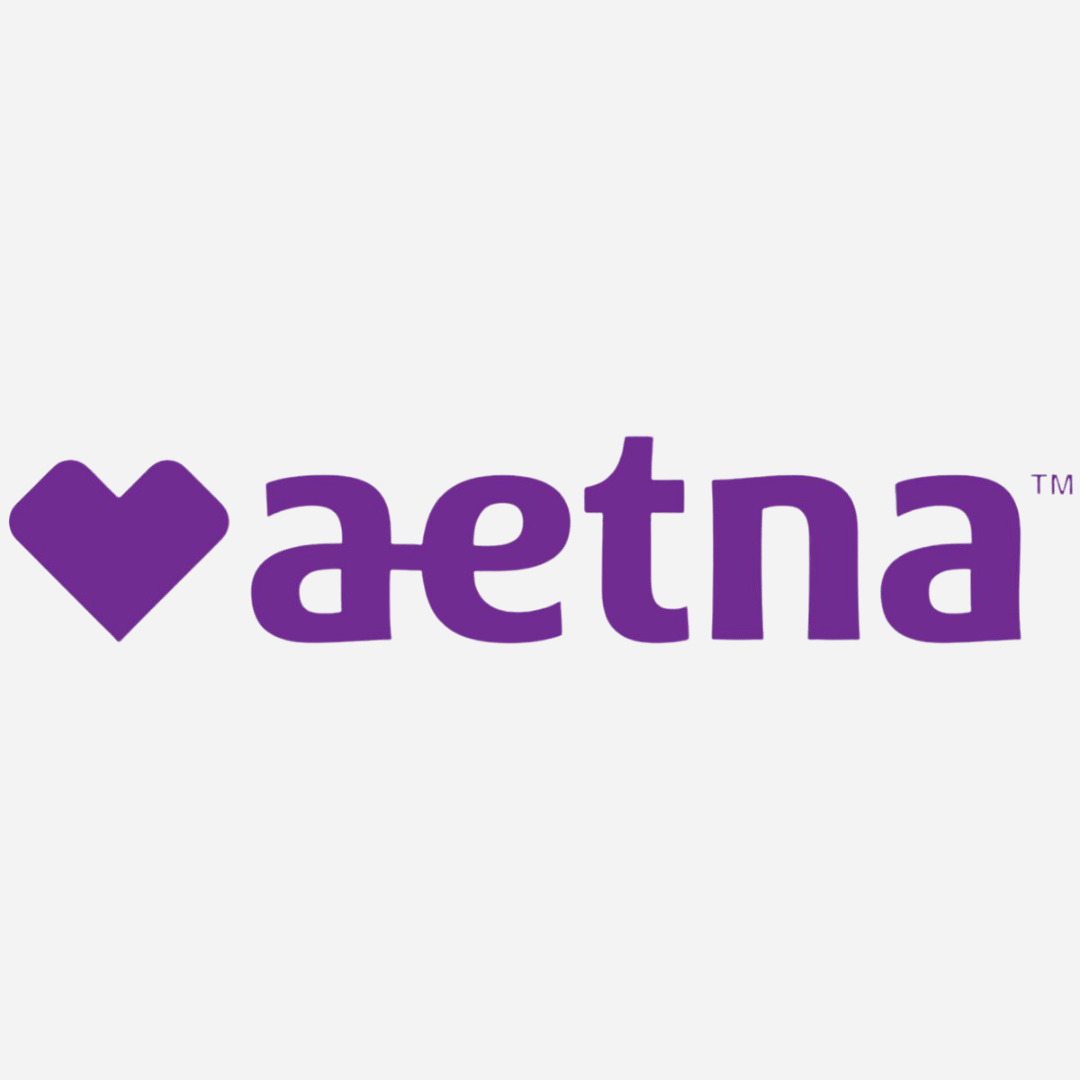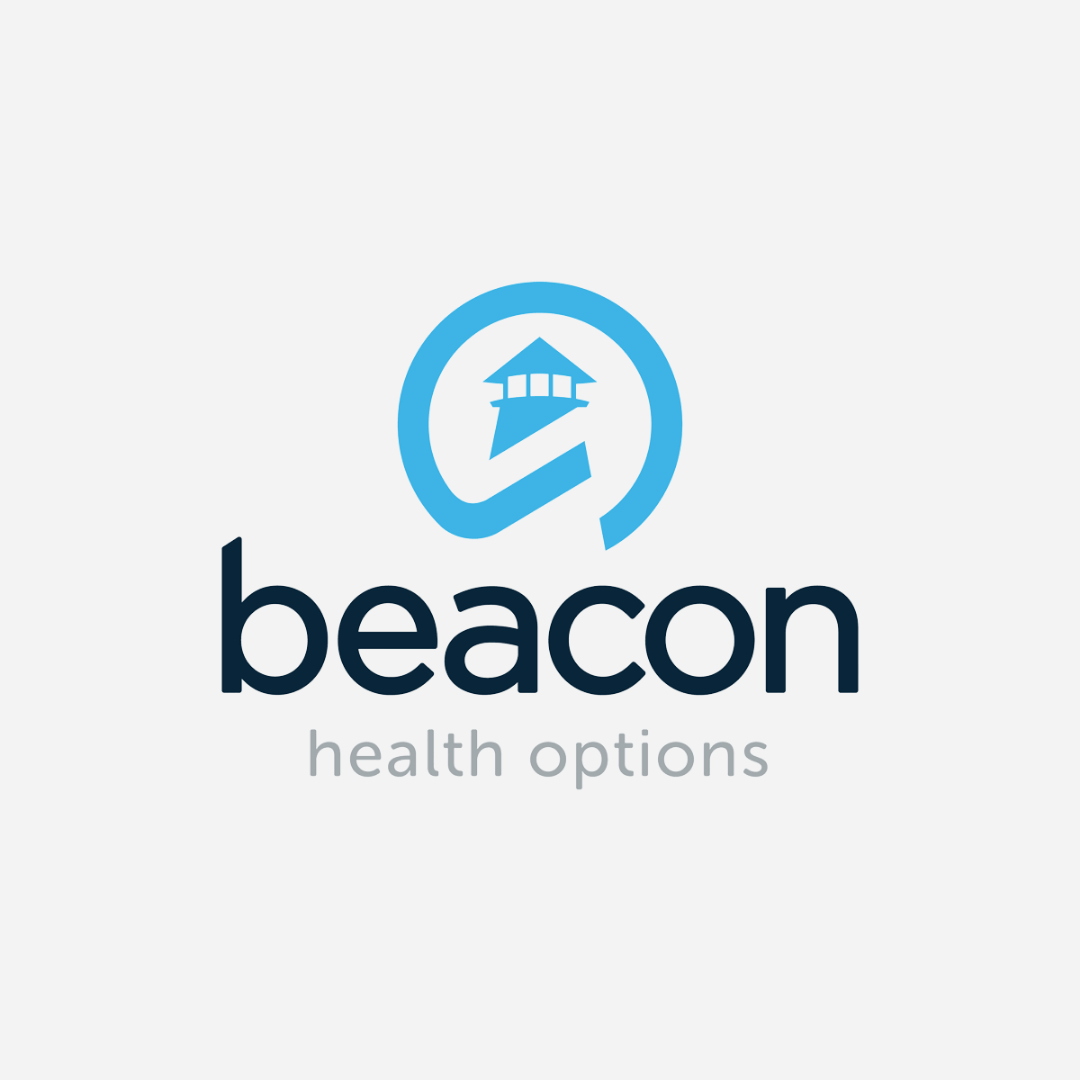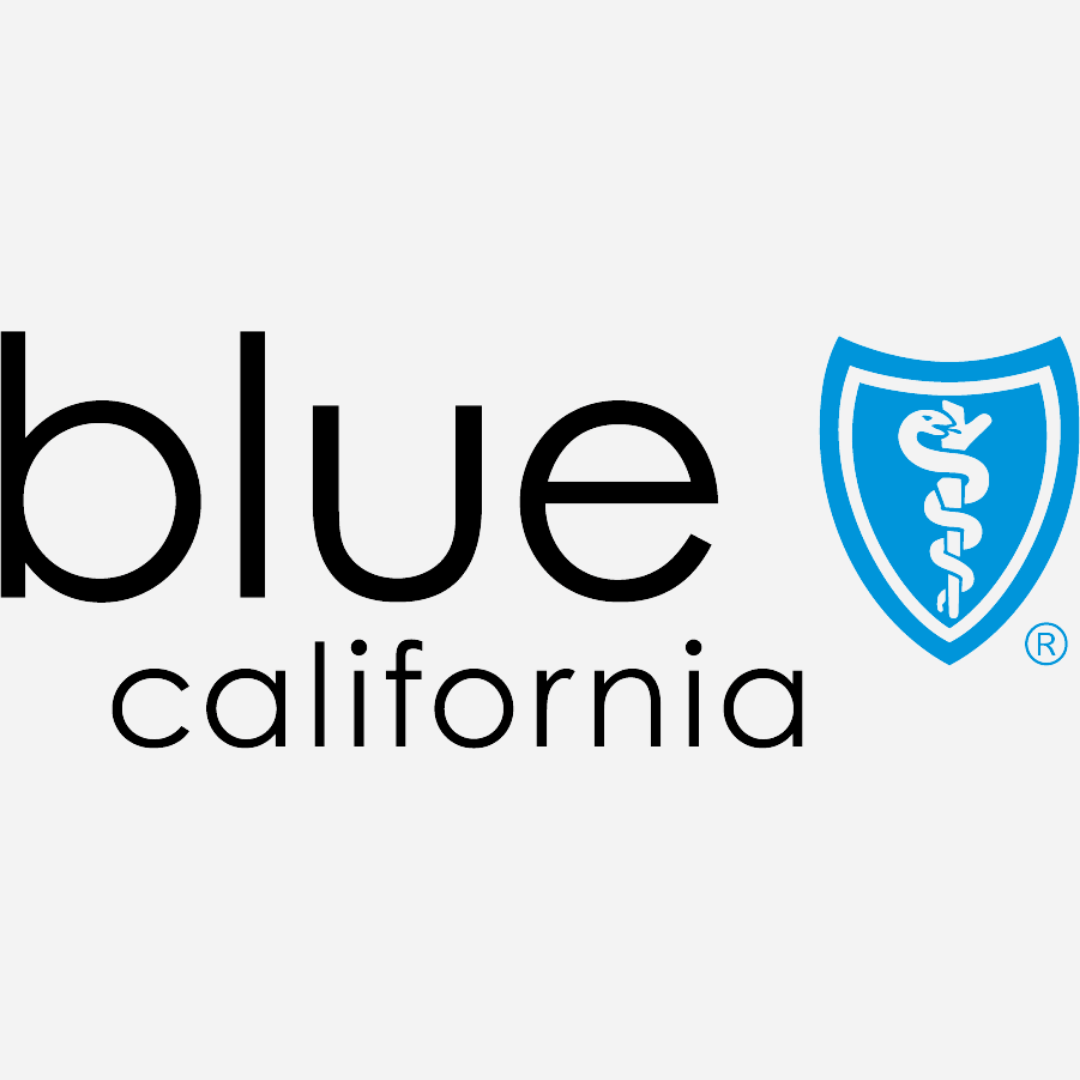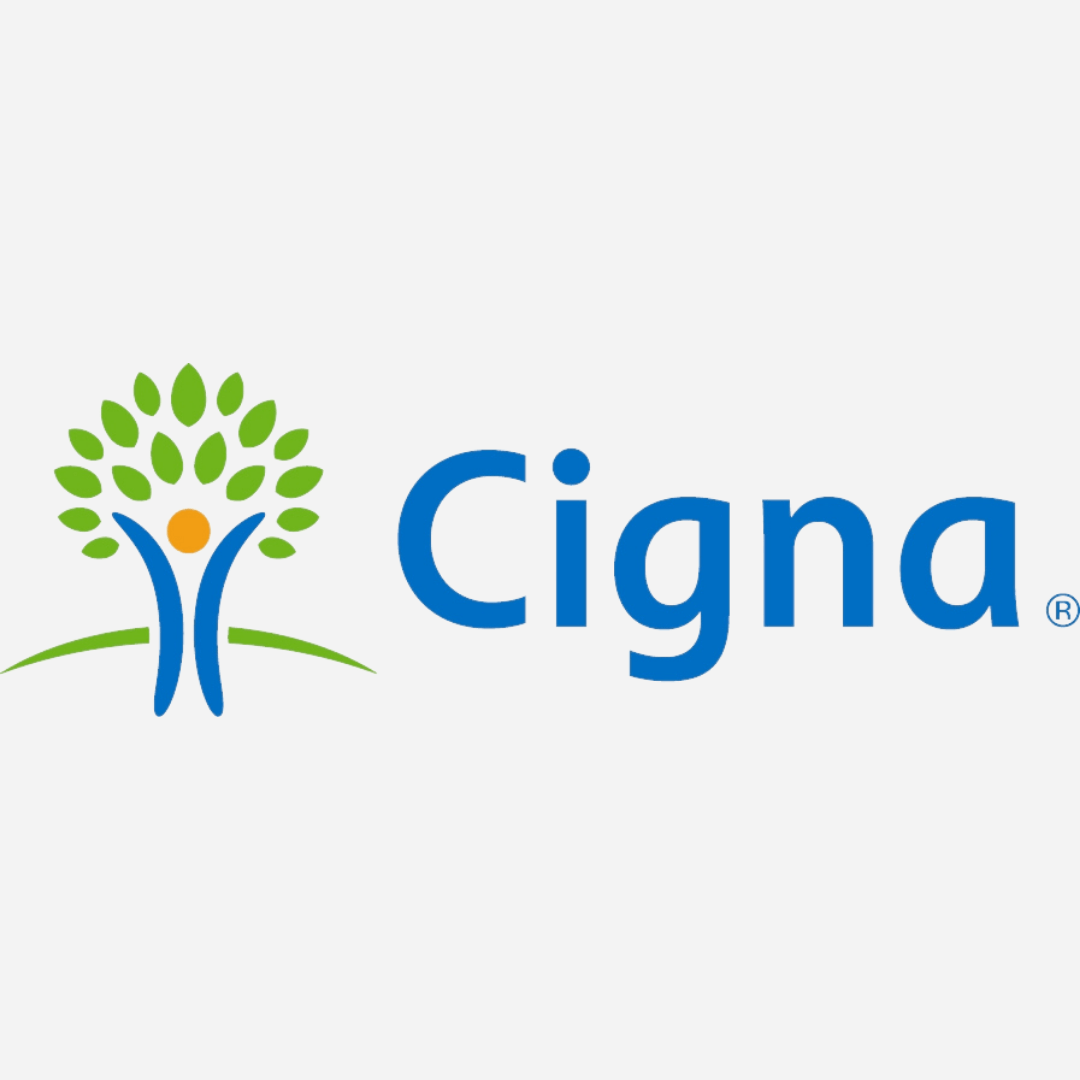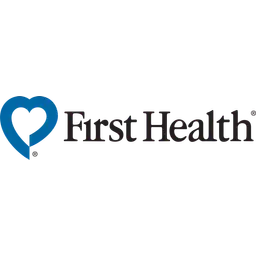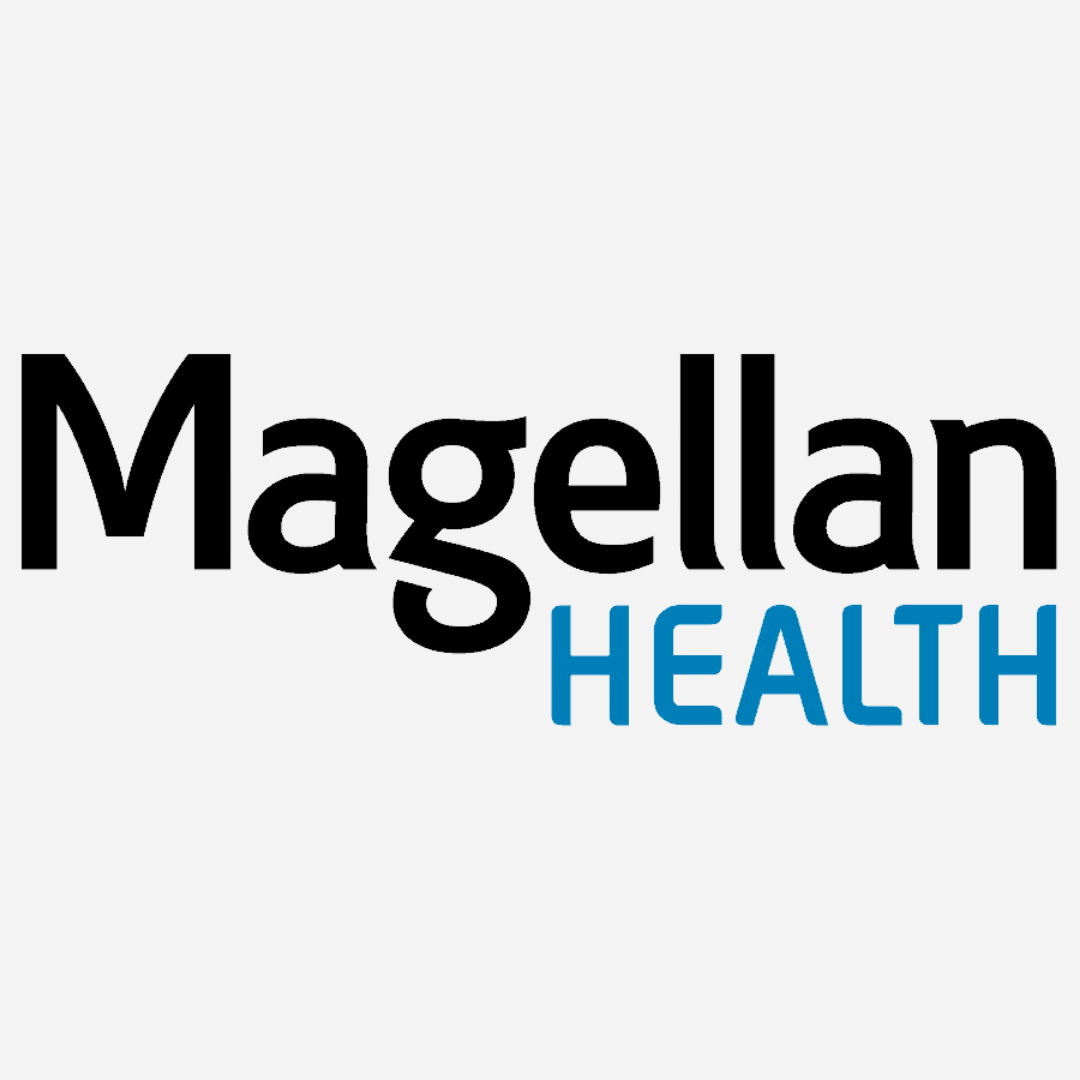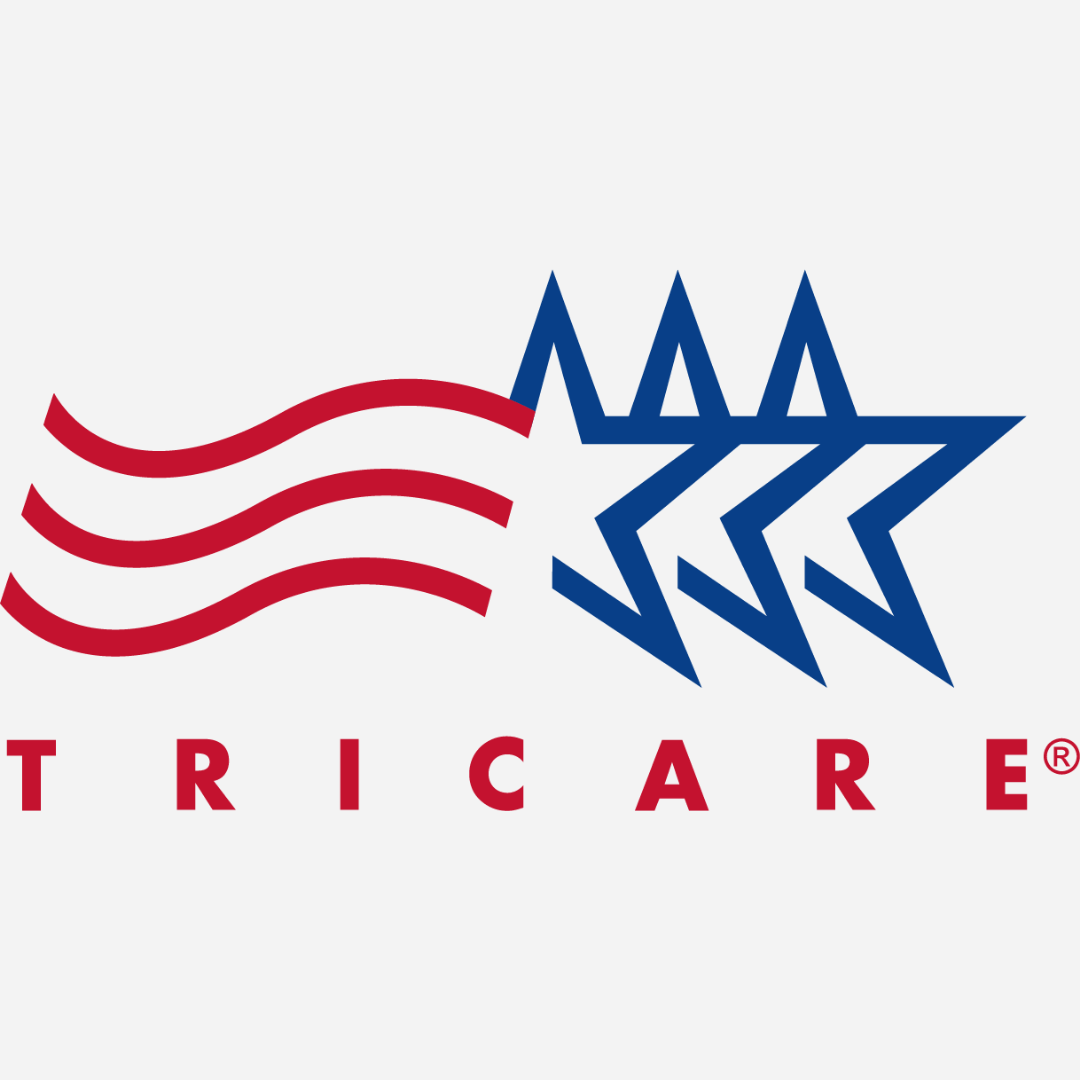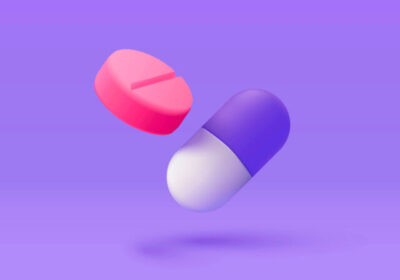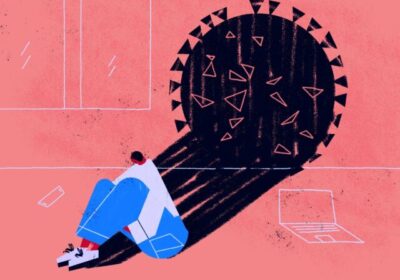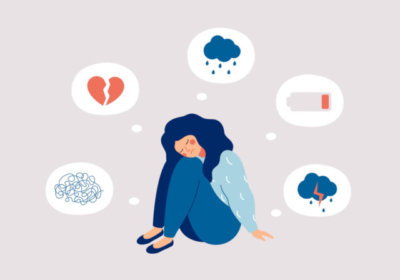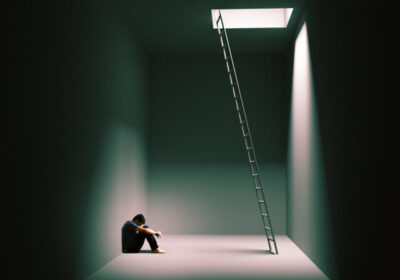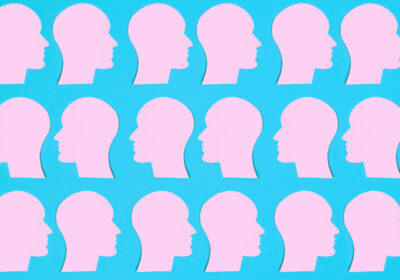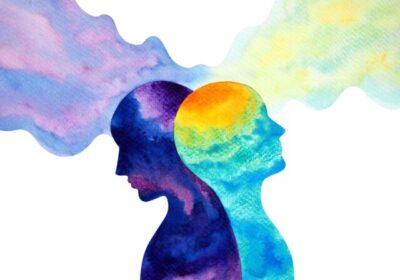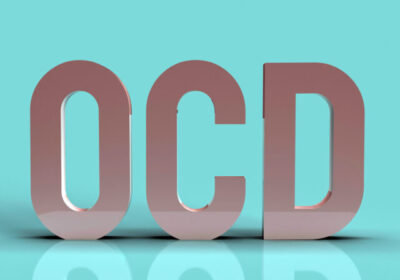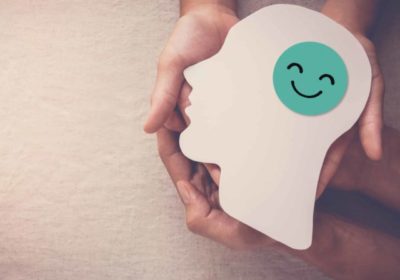Psychiatry, Psychotherapy, and TMS Therapy for Anxiety
Anxiety disorders are some of the most common forms of mental illnesses, affecting 19.1% of the US population. Our team can help address your anxiety with the treatments that are the best fit for you. At Neuro Wellness Spa, our team of experienced psychiatrists, nurse practitioners, TMS techs, and therapists are here to help you heal from anxiety and begin to live life again.
How We Can Help Treat Your Anxiety
Our psychiatrists, nurse practitioners, therapists, and other mental health experts work with you to address the core issues impacting your mental health and help you build the skills and resources to manage your anxiety. We provide:
Medications for Anxiety
Selective Serotonin Reuptake Inhibitors (SSRIs), Serotonin and Norepinephrine Reuptake Inhibitors (SNRIs), tricyclic antidepressants, antihistamines, and beta-blockers are commonly prescribed medications to alleviate symptoms of anxiety. In cases of acute anxiety, anti-anxiety medications or benzodiazepines may be prescribed on an individual basis.
Our psychiatric team will work closely with you to understand your specific needs and anxiety symptoms. We will explain the available medication options, collaborate on a personalized treatment plan, and provide ongoing medication management support. Whether you prefer in-person or virtual appointments, our psychiatrists are available to meet with you from the comfort of your own home.
Talk Therapy for Anxiety
Our therapists are master’s-level clinicians who have deep experience helping people just like you effectively manage their anxiety. We’ll curate a personalized plan for your anxiety that works for you – whether that’s CBT, DBT, ERP, or another effective approach. You can also meet with your therapist in person or virtually.
- Cognitive Behavioral Therapy (CBT) helps identify the relationship between your thoughts, behavior and feelings to address anxiety and help restructure thinking patterns that lead to the anxious thoughts. CBT also uses mindfulness techniques, which have been proven to be effective tools in treating anxiety. Mindfulness focuses on helping you stay in the present moment and ground yourself to your space.
- Dialectical Behavior Therapy (DBT) was initially created to address Borderline Personality Disorder (BPD) but is now used to treat a variety of different diagnoses, including anxiety. DBT helps you accept your anxiety while changing your thoughts and behaviors. DBT teaches four distinct skills: Mindfulness, Distress Tolerance, Interpersonal Effectiveness, and Emotional Regulation.
- Exposure Response Prevention (ERP) is a method of CBT used to treat anxiety by gradually exposing you to your anxiety triggers to provoke a response.
TMS Therapy for Anxiety
Transcranial Magnetic Stimulation (TMS) is an effective treatment option for individuals experiencing frequent anxiety, especially when medications have not provided adequate relief. Anxiety often involves overactivity in the brain, particularly in the prefrontal cortex, which can contribute to symptoms. TMS therapy targets this region, helping to regulate anxiety symptoms by reducing excessive nerve activity.
While TMS therapy is FDA-cleared specifically for treating anxiety when it co-occurs with depression, it can also be used off-label for anxiety alone under the guidance of your healthcare provider. Schedule a consultation today to determine if TMS therapy for anxiety is a suitable option for you.
Residential & Outpatient Programs for Anxiety
If your anxiety symptoms require more intensive treatment, we can work with you to determine if our partner programs at Clear Behavioral Health are a good fit. Through group therapy, individual therapy, case management, and mindfulness, their curriculum teaches you how to manage your anxiety.
The same experienced mental health clinicians who manage Neuro Wellness Spa also manage Clear Behavioral Health, which provides residential programs as well as in-person and virtual outpatient (PHP and IOP) programs for anxiety.
What is anxiety?
Anxiety disorders often begin in early childhood and can persist into adulthood if left untreated, impacting quality of life significantly. Many individuals may not receive a diagnosis until later in life, despite experiencing symptoms for years.
At Neuro Wellness Spa, we employ thorough anxiety screening tools like the GAD-7 to ensure accurate diagnosis and provide effective treatment tailored to your specific needs. This approach helps us to address your symptoms comprehensively and support your journey towards improved mental well-being.
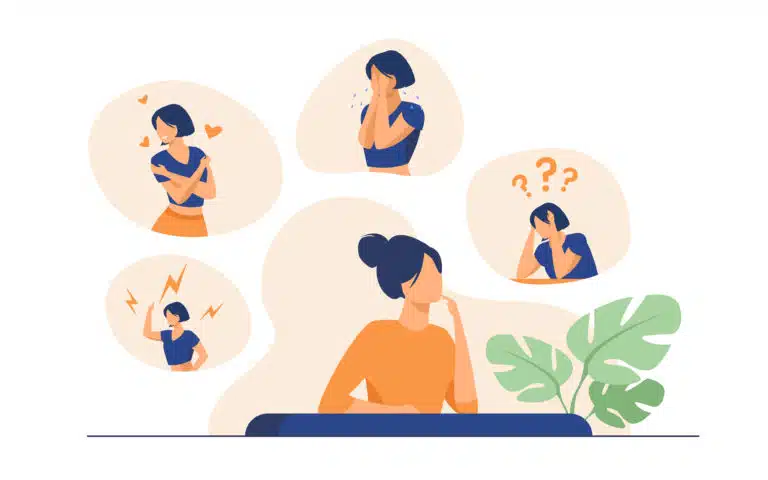
Signs of Anxiety
Some of the most common symptoms of anxiety include:
- Excessive anxiety and worry
- Difficulty controlling the worry
- Restlessness or feeling on edge
- Difficulty concentrating
- Irritability
- Muscle tension
- Sleep disturbances
- Possible panic attacks
- Shortness of breath
If you’re experiencing any of these symptoms, contact us today, and we will help you find the most effective treatment.
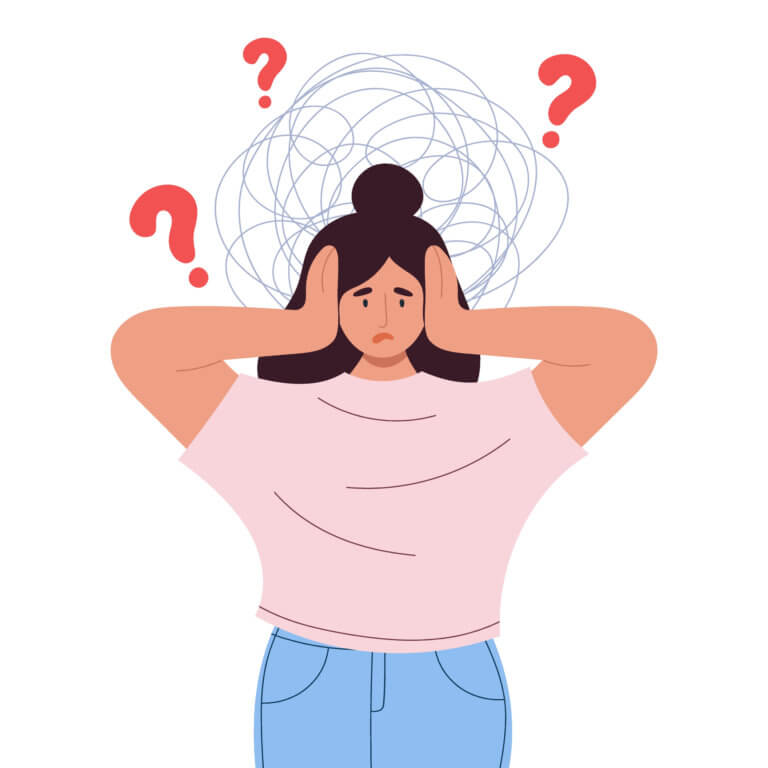
Types of Anxiety
We treat all types of anxiety, including:
- Specific Phobias
- Social Anxiety
- Panic Disorders
- Generalized Anxiety Disorder (GAD)
Why Us?
At Neuro Wellness Spa, we understand the impact anxiety can have on your life. You deserve access to the best treatment programs and services to meet your needs. Our psychiatric and mental health experts have decades of combined experience providing people with anxiety with life-changing treatment. Our clients trust us to guide them through treatment, allowing them to heal from the effects of anxiety and other mental health disorders.
Get started in a few easy steps
Check eligibility
See what you can save through your insurance plan.
Brief assessment
Answer a few questions to get started.
Meet your provider
Begin the journey towards a happier, healthier you.
Our Locations

Pasadena

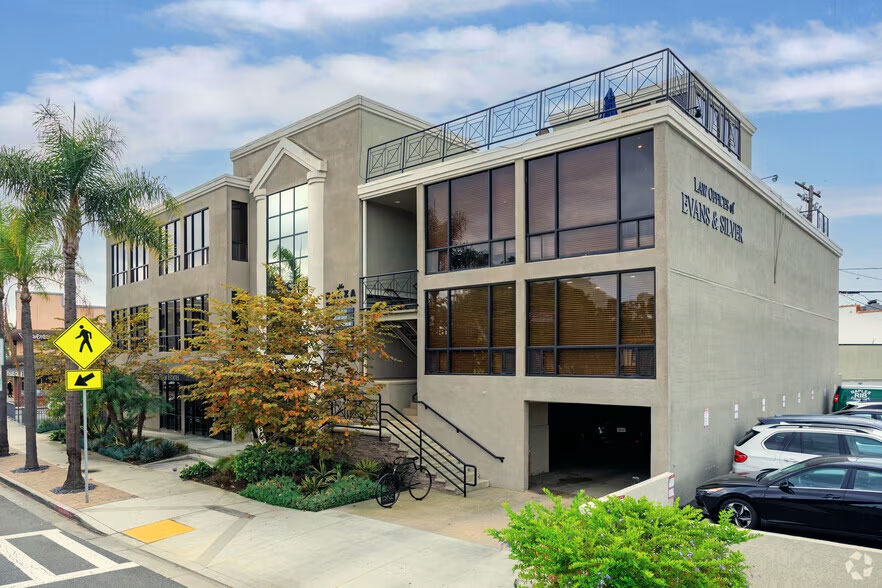





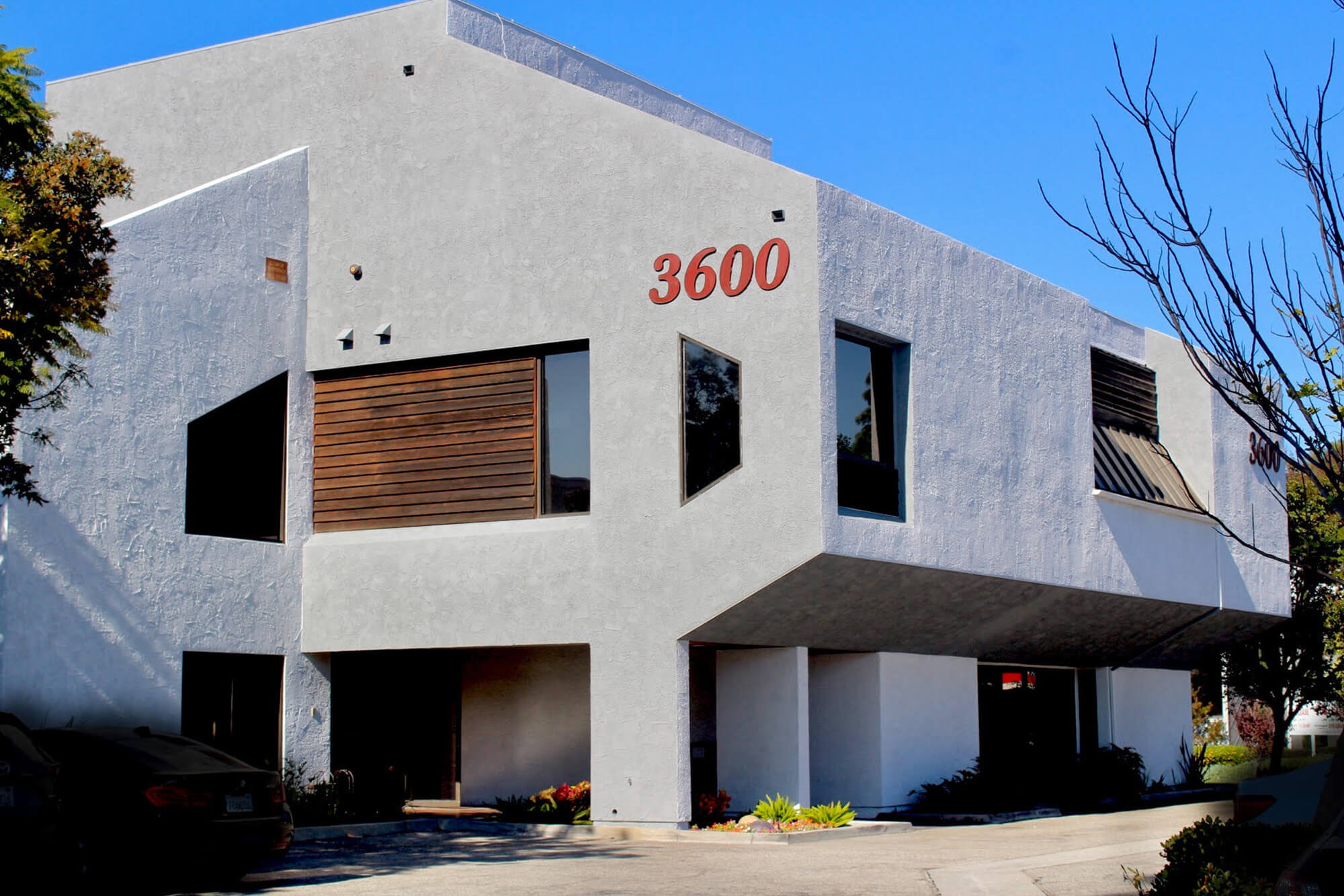


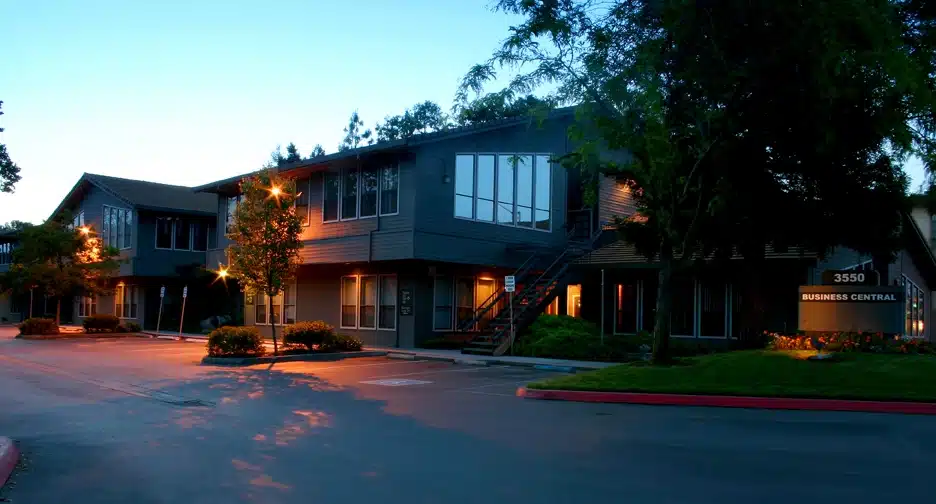
Frequently Asked Questions
-
Will I continue to experience anxiety after treatment?
It’s important to note that there is no “cure” for anxiety, but after treatment, you should see a decrease in your anxiety symptoms and an improved quality of life.
-
What to expect During TMS therapy for anxiety?
TMS therapy uses electromagnetic pulses to stimulate regions of the brain responsible for anxiety. During treatment sessions, you’ll wear an electromagnetic coil carefully situated to send pulses through areas of the brain related to anxiety. Treatments take around 20 minutes per session, and you can start to feel better in as little as two weeks.
-
Will therapy help?
Our experienced team of therapists uses a combination of modalities, including CBT, DBT, and ERP to treat your anxiety through brief integrative therapy. Our licensed therapists work with you to establish realistic goals to relieve your symptoms.
